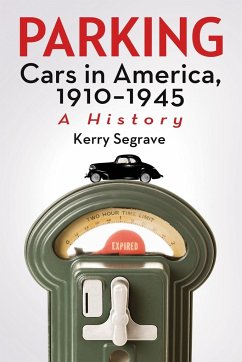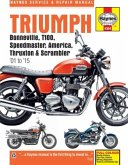With its decentralized urban areas, pollution, and mostly inadequate public transit systems, America pays a heavy price for its dependency on cars. This volume explores one of the more pressing aspects of the problem--storage--from 1910 to the end of World War II, contrasting the reality and perception of car parking as found in the pages of the popular newspapers and magazines. From early bans on street parking to street widening efforts to the introduction of parking lots, garages, and parking meters, the book chronicles attempts to accommodate the ever-increasing number of cars. By failing to effect any meaningful regulations along the way, this work shows, Americans slowly ceded authority and dominance to the automobile, to the detriment of present-day society.








